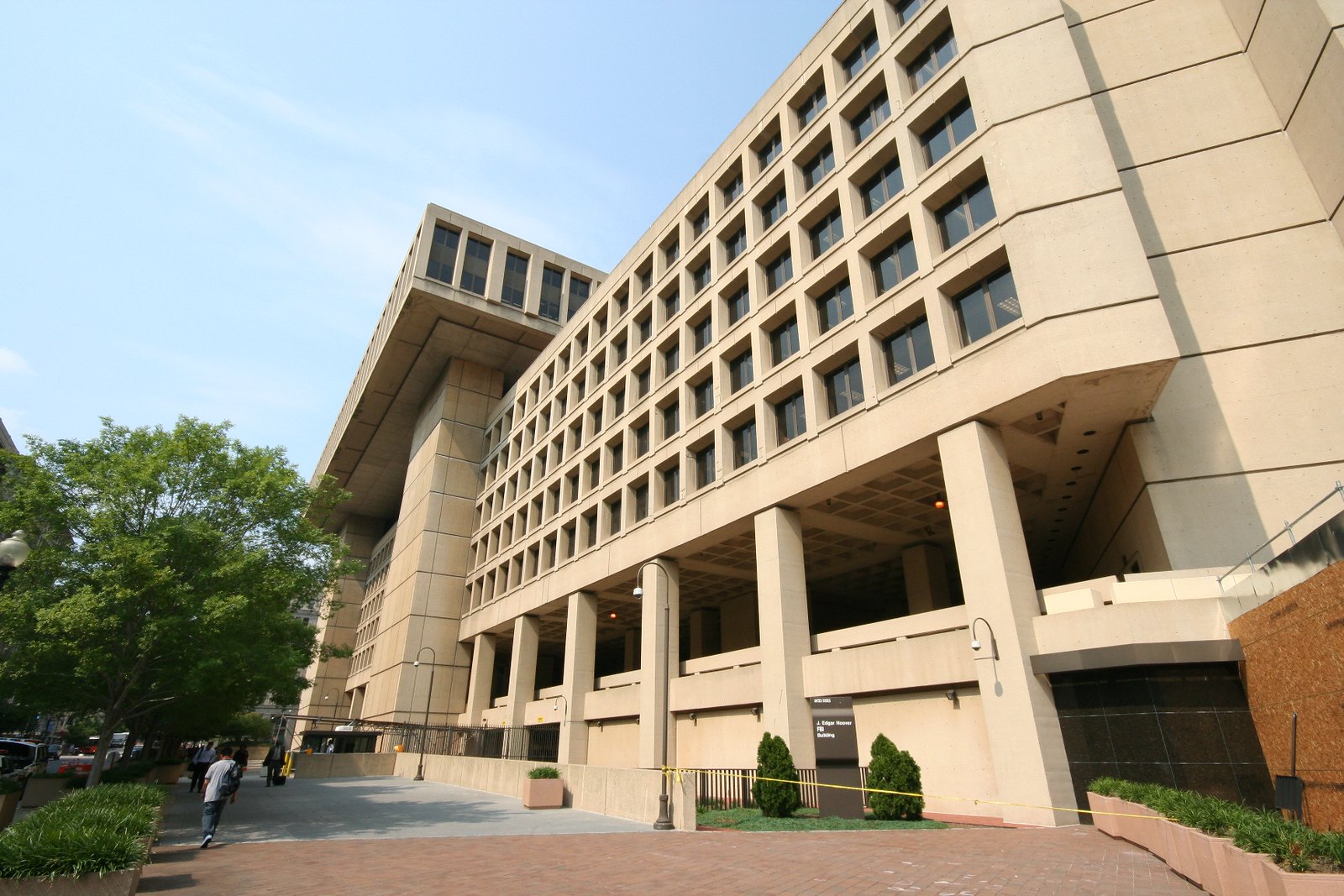Washington v. Trump: Summary of Ninth Circuit Decision Upholding TRO in Trump Travel Ban Case
In a per curiam decision, the Ninth Circuit has denied the Trump administration’s request for a stay of the temporary restraining order (TRO) enjoining the enforcement of Executive Order 13769 while its appeal is pending. The panel (Circuit Judges William C. Canby, Richard R. Clifton, and Michelle T.
Published by The Lawfare Institute
in Cooperation With

In a per curiam decision, the Ninth Circuit has denied the Trump administration’s request for a stay of the temporary restraining order (TRO) enjoining the enforcement of Executive Order 13769 while its appeal is pending. The panel (Circuit Judges William C. Canby, Richard R. Clifton, and Michelle T. Friedland) determined that the government had not met its burden in showing (1) a likelihood of success on the merits, and (2) that a stay was necessary to prevent irreparable injury. Specifically, the court indicated that the government did not show it was likely to succeed on the states’ Due Process claim. As a result, the TRO issued by District Court Judge James Robart’s TRO will remain in effect.
Judge Robart’s order prevents enforcement of three specific provisions of EO 13769: (1) section 3(c), suspending entry of aliens from Iraq, Iran, Libya, Somalia, Sudan, Syria, and Yemen for 90 days; (2) section 5(a), suspending the Refugee Admissions Program for 120 days and section 5(b), which gives priority to religious minorities when the program is reinstated; and (3) section 5(c), suspending the entry of Syrian refugees indefinitely.
Early in the opinion, the panel rejects the government’s threshold argument that the president’s decisions to suspend the admission of any class of aliens, like this one, are unreviewable by courts. The court found this argument unpersuasive:
There is no precedent to support this claimed unreviewability, which runs contrary to the fundamental structure of our constitutional democracy….Although our jurisprudence has long counseled deference to the political branches on matters of immigration and national security, neither the Supreme Court nor our court has ever held that courts lack the authority to review executive action in those arenas for compliance with the Constitution.
The court cites Boumediene v. Bush to illustrate the point that federal courts both have the authority to review executive actions taken in the interest of national security and do, in fact, review such actions. Moreover, balancing the public interest in national security and presidential authority against the public interest in “a free flow of travel, avoiding separation of families, and in freedom from discrimination,” the court found that the public interest favored denial of the stay.
The court then proceeds to apply the traditional multi-part test to determine the appropriateness of a stay. The heart of the opinion focuses on the most important prong of that test, the government’s “likelihood of success on the merits,” which the panel analyzes in two parts: first, with respect to the states’ due process claims, and second, with respect to their religious discrimination claims.
The panel determines the government has not made the requisite "strong showing" that it will likely prevail against the states’ due process claims. The states alleged three due process violations: (1) denial of re-entry to a subset of lawful permanent residents and visaholders without constitutionally sufficient notice and opportunity to respond, (2) prohibition of this subset from exercising their constitutional right to travel, and (3) contravention of refugee asylum procedures set forth by federal statute. The panel sides with the states as to their assertion of the due process rights of lawful permanent residents and persons in the United States. As to the government’s argument that any claims concerning lawful permanent residents are moot given White House counsel Donald McGahn’s statement that the EO does not apply to them, the court stated:
The Government has offered no authority establishing that the White House counsel is empowered to issue an amended order superseding the Executive Order signed by the President and now challenged by the States, and that proposition seems unlikely.
Therefore, the states’ Due Process claims on behalf of permanent residents must be considered. The court goes further, though, concluding that even if these claims were moot, the states could have potential claims concerning the due process rights of aliens located (lawfully or unlawfully) in the United States, visaholders who have left temporarily or wish to leave temporarily, and visa applicants with a relationship to a U.S. person or institution. Because of the potential breadth of these categories, the court declines to limit the scope of the TRO to lawful permanent residents and previously admitted aliens.
The court also declines to alter the national scope of the TRO, one of its most heavily contested features. In addition to the need for uniform immigration laws and the impracticality of applying different laws to different ports of entry, the court points to the proper role of the judicial branch as not extending to rewriting potentially overbroad EOs.
The court’s discussion of the likelihood of success of the states’ religious discrimination claim is much more limited. Although the court acknowledges that evidence of purpose beyond the face of the challenged law may be considered in evaluating Establishment Clause claims, and that the states “offered evidence of numerous statements by the President about his intent to implement a 'Muslim ban,'” the court ultimately declines to pass judgment at this stage, even for the limited purpose of determining the likelihood of success:
In light of the sensitive interests involved, the pace of the current emergency proceedings, and our conclusion that the Government has not met its burden of showing likelihood of success on appeal on its arguments with respect to the due process claim, we reserve consideration of these claims until the merits of this appeal have been fully briefed.
At a telephone hearing on Tuesday that was live streamed on the 9th Circuit’s website, Judge Clifton seemed the most inclined to be sympathetic to the government’s arguments that the travel ban was not impermissibly targeted at Muslims because it only applies to seven majority-Muslim countries, affecting a fraction of the world’s Muslim population. Still, he joined Judge Canby and Judge Friedland in denying the government’s motion for the stay, perhaps due to this limited statement on the states’ Establishment Clause claim.
As a last point, note that early in the opinion, the court addresses and dispenses with threshold issues of standing and jurisdiction.
On standing, the court held that the states had alleged sufficiently specific harms to their proprietary interests in operating state universities. In addition to asserting their own rights as the operators of the universities, states can assert the rights of students and faculty members on their behalf, just as schools can assert rights on behalf of their students.
Generally, TROs are not appealable, but the court found that it had jurisdiction to issue an opinion here because the TRO has no set expiration date and was “vigorously contested” in the district court.



.png?sfvrsn=48e6afb0_5)

